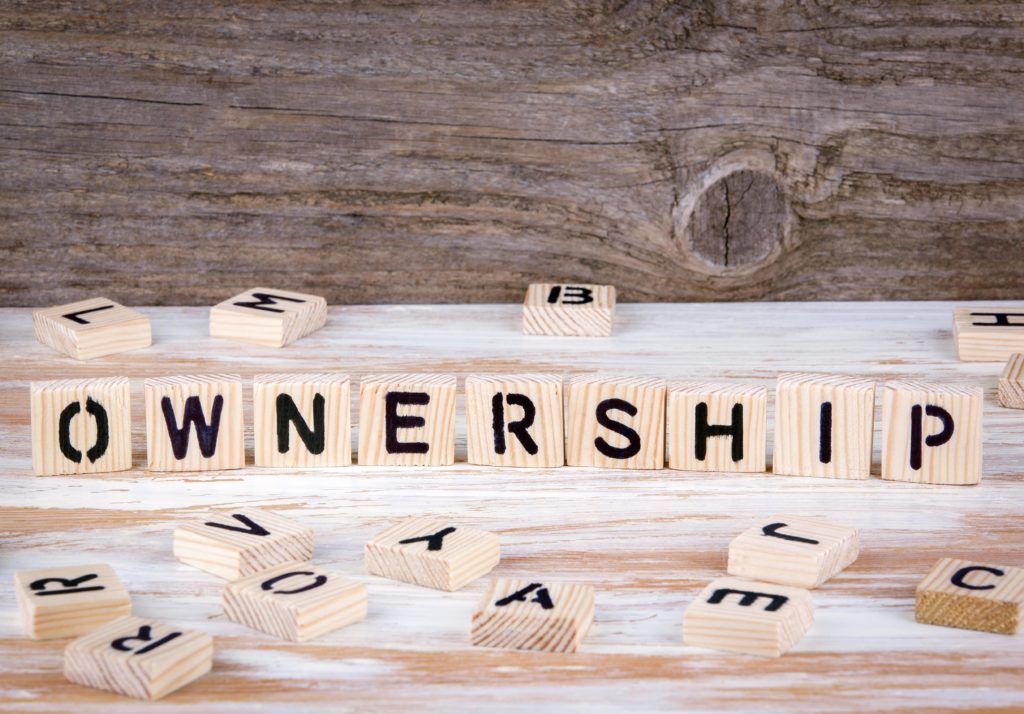
Four Common Mistakes First Time Homebuyers Make, and How to Avoid Them
 10 min read
10 min read
 10 min read
10 min read
|
Popular
Ah, the joys of buying a home. Being outbid by another buyer, the unexpected surprises, and of course, everyone’s sudden desire to share their personal homebuyer horror stories.
We understand what you’re going though. But seriously, it’ll be all worth it.
The home buying process as a first-timer is full of complexities. People who’ve gone through the process know what to do (and what not to do). But when you’re the new kid on the block, it’s only normal to make a few rookie mistakes.
Here’s a look at four common first-time homebuyer mistakes and how to avoid them.
Don’t ignore your credit report
If you don’t remember the last time you checked your credit, you’re overdue for a peek.
In fact, this is the first thing to do when getting a mortgage. Your credit report could contain mistakes that can stop or delay a mortgage approval. Or you might think you have good credit, yet a credit check reveals otherwise.
Rather than wait for an underwriter to bring credit problems to your attention, get ahead of any potential problems.
Getting your credit reports have never been easier. You can contact the three major credit bureaus directly (and yes, you’ll want to get your report from each bureau), or submit a request with AnnualCreditReport.com.
And guess what, you’re entitled to one free report from each of the bureaus every 12 months!
Don’t ignore government programs
Friends and family might sing praises about conventional home loans. And yes, these are a popular loan program.
But a conventional loan isn’t the only option. And depending on your circumstances, a government loan might be a better match—especially if you’re cash strapped and need a lower down payment.
You might think: Don’t I need a 20% down payment?
Some first-time homebuyers believe this. But we’re happy to report that no, you don’t need a 20% down payment (you don’t even need anything close to this).
For a conventional loan, you can get approved with a minimum down payment between 3% and 5%, and you only need 3.5% down with most FHA home loans.
And if you’re eligible for a USDA or a VA loan, you can get a mortgage with zero down payment—and honestly, it doesn’t get any better than that.
Emptying your savings to buy a house
Even with a low down payment, buying a home can be expensive—no if, ands, or buts about it. More so once you add in closing costs (which, by the way, you’re also responsible for).
As tempting as it might be, you should never completely empty your savings account to purchase a home. Yes, you’ll likely spend a good chunk of savings. But always, always, always leave a cushion.
Emergencies don’t stop just because you close on a mortgage loan. You might deal with a car repair, house repair, or something else might happen. So try and maintain a cash reserve of at least 2 to 3 month’s of income after closing.
House hunting “before” mortgage hunting
To be clear, there’s absolutely no rule that says you have to get a mortgage approval before house hunting. But in all honesty, contacting our loan experts beforehand only serves to your advantage. Knowing what you can afford before looking at homes can spare you a lot of heartache.
Imagine falling in love with a house only to receive the bad news that it’s outside your budget. This is heart-breaking, yet it happens to some people.
A pre-approval, however, can prevent these types of outcomes. You can narrow your search to homes within a certain price point.
Besides, house hunting is stressful enough—why make it harder on yourself? Plus, a pre-approval carries weight with home sellers and realtors.
Real Genius offers a multitude of mortgage solutions tailored to first-time and repeat homebuyers. From start to finish we’ll do whatever possible to make this process as simple as possible.
Ready to get started? Reach out to our experienced loan experts.















